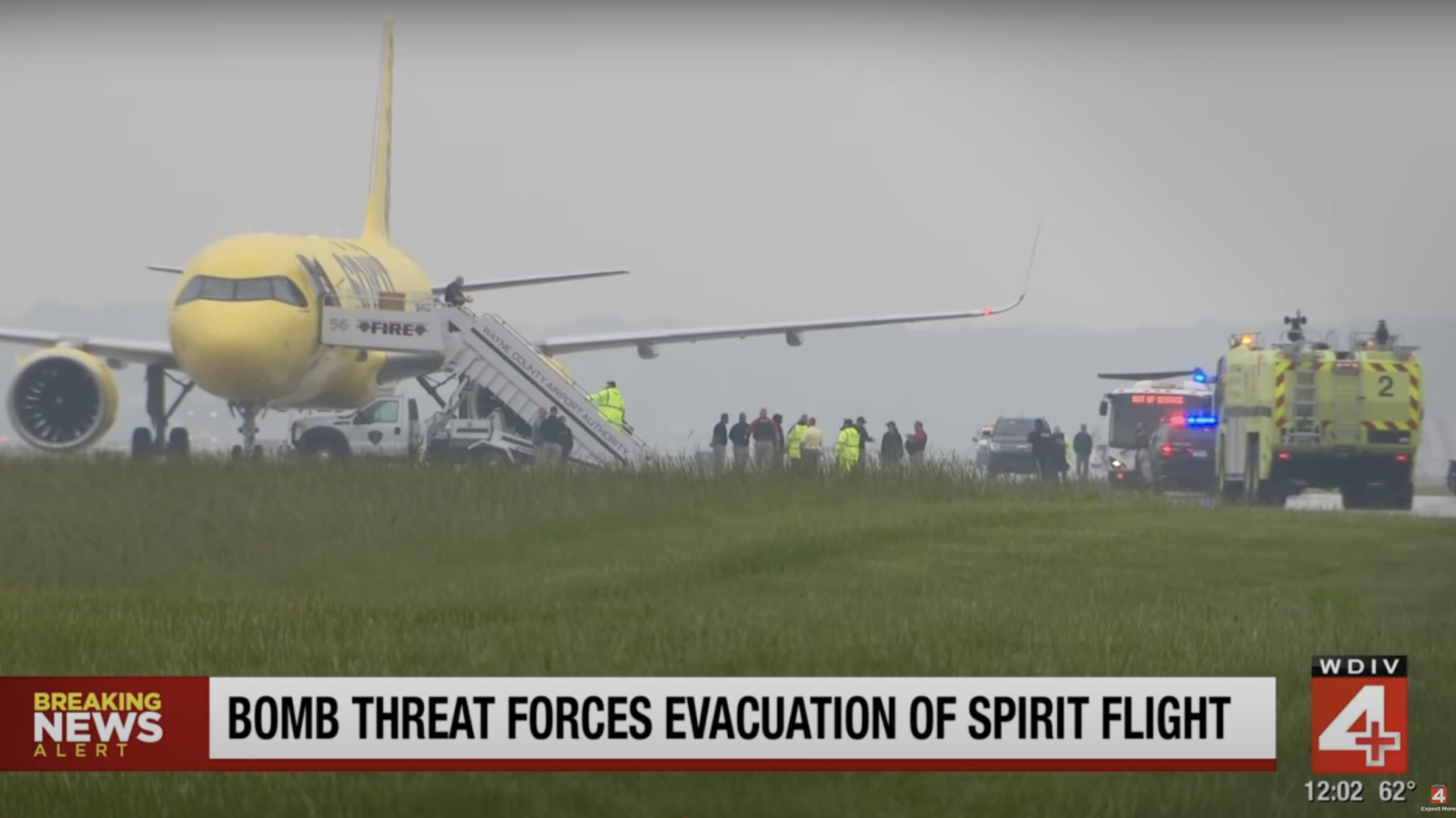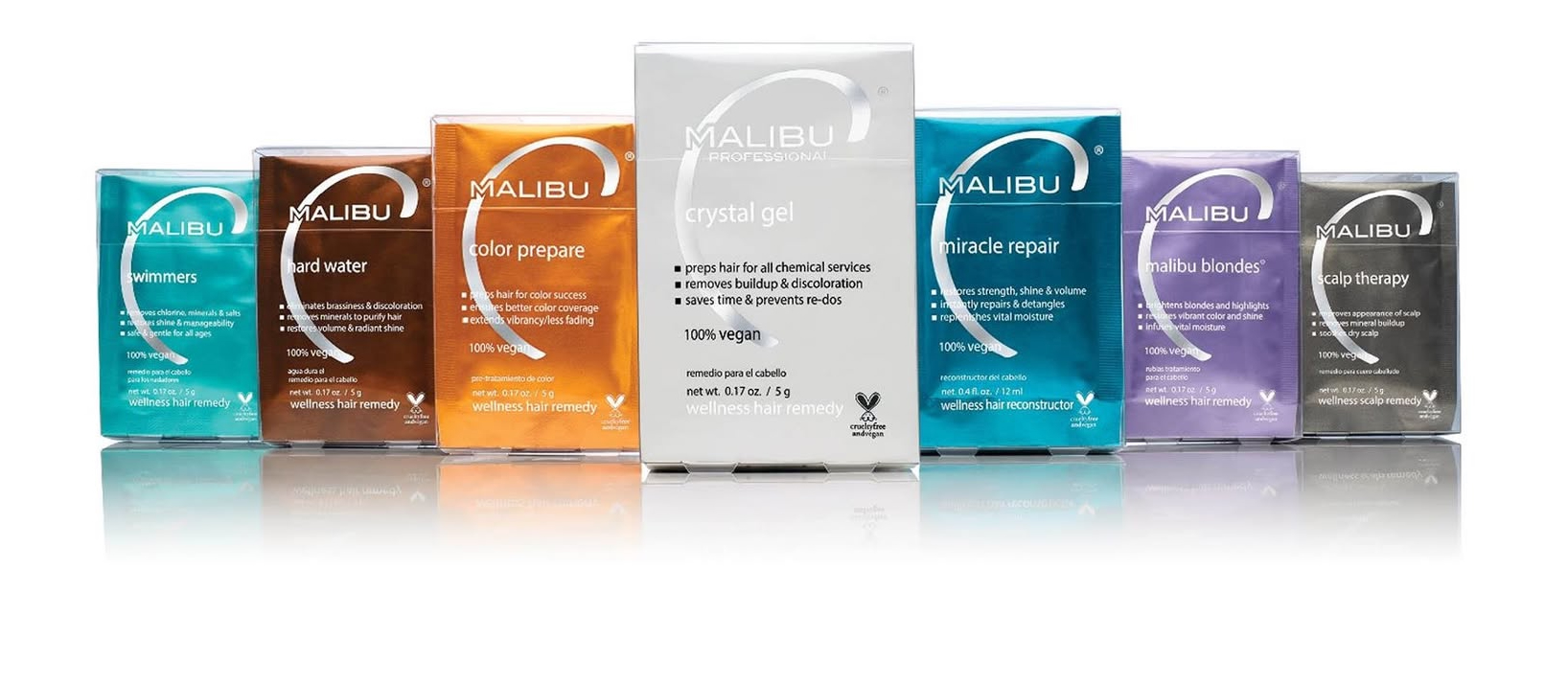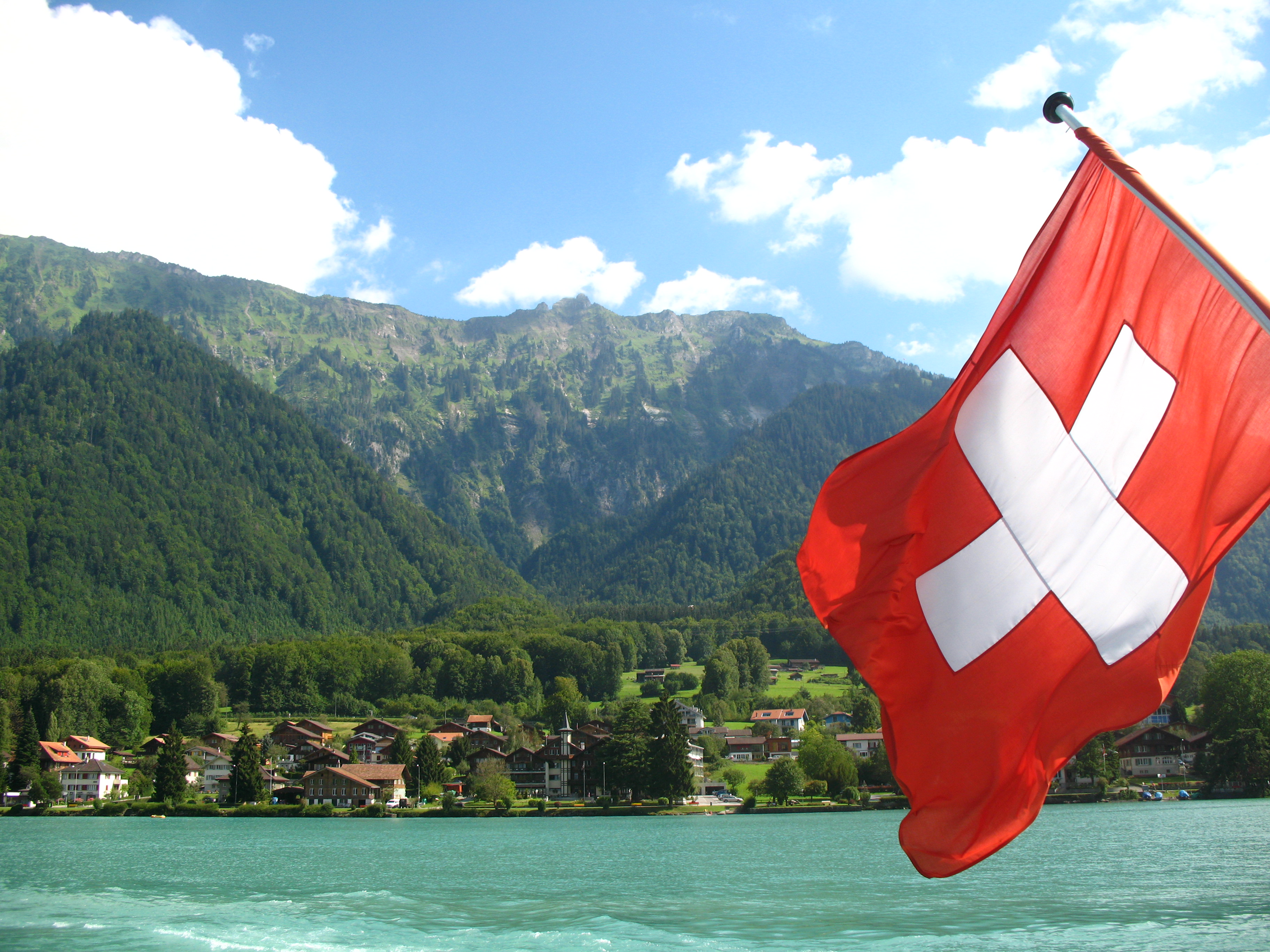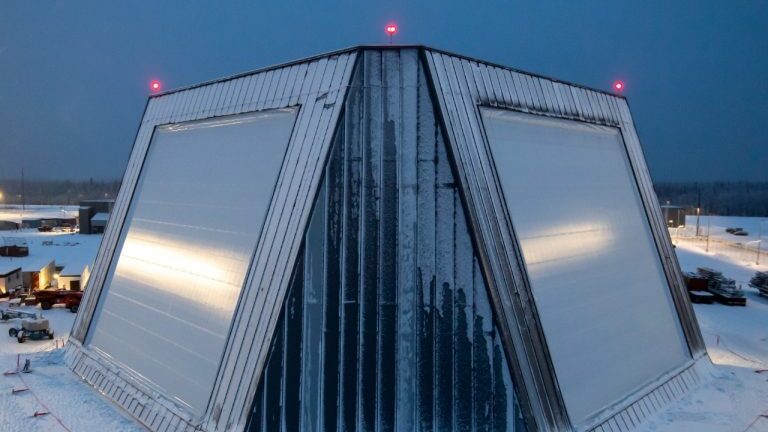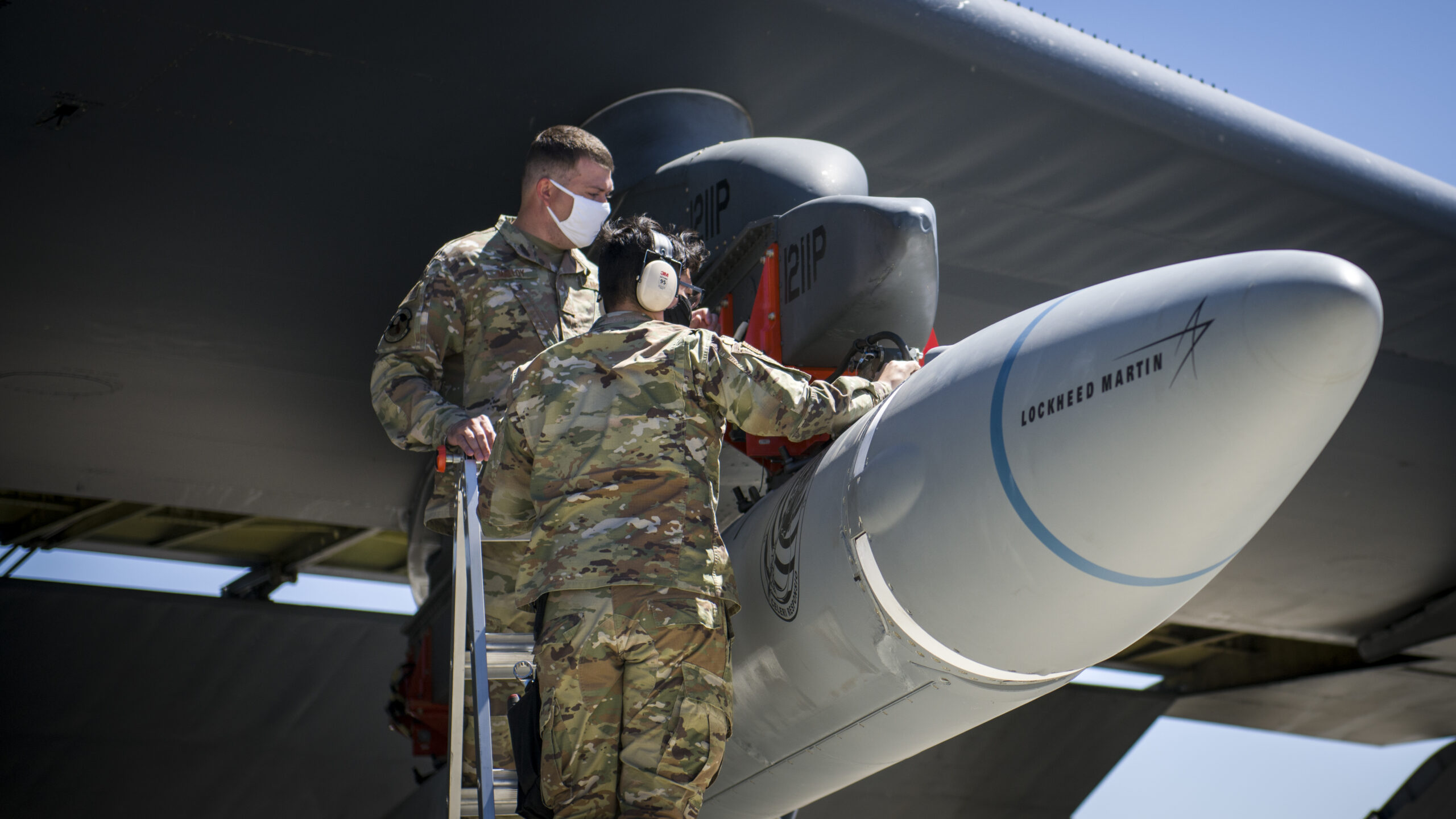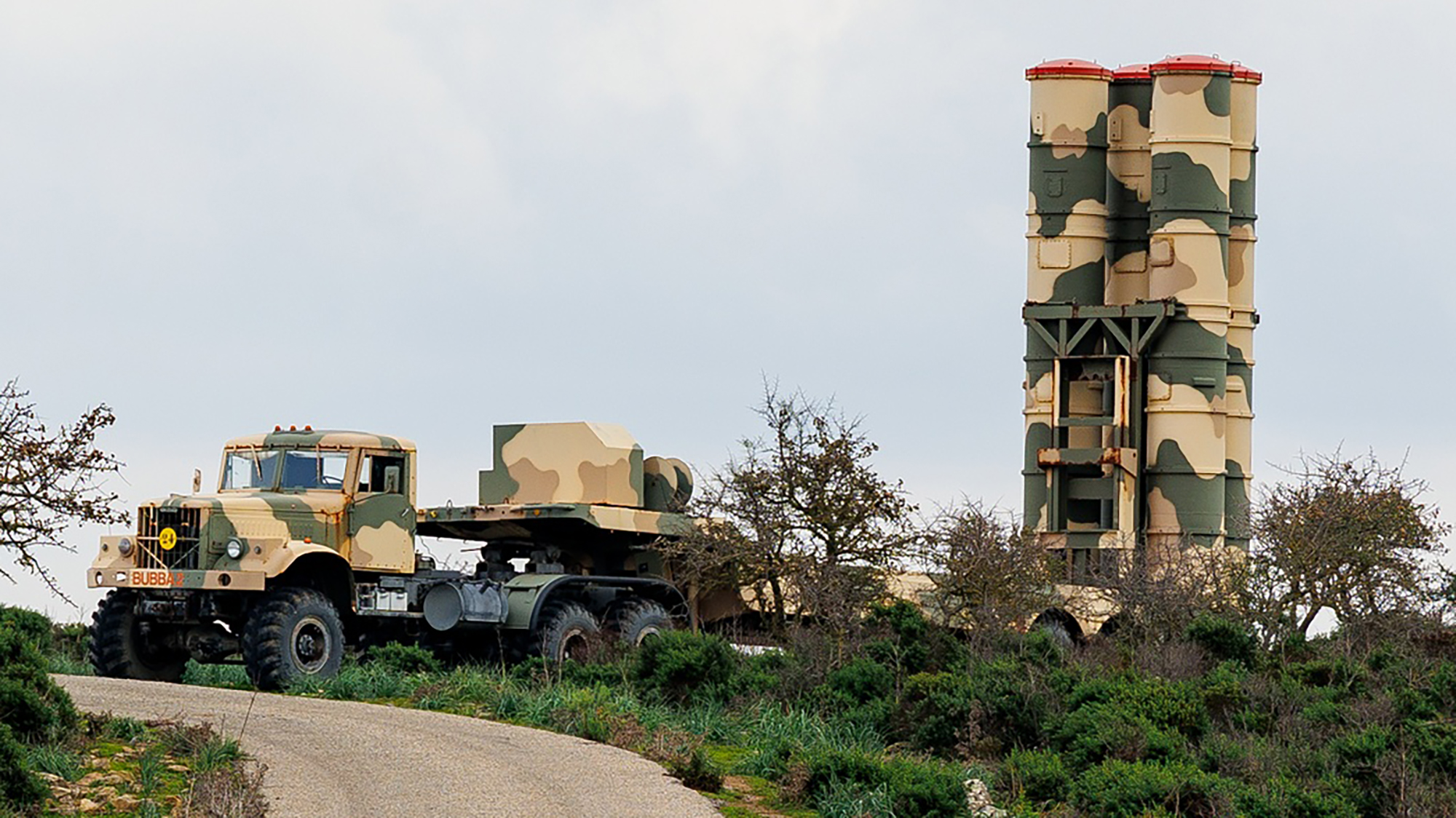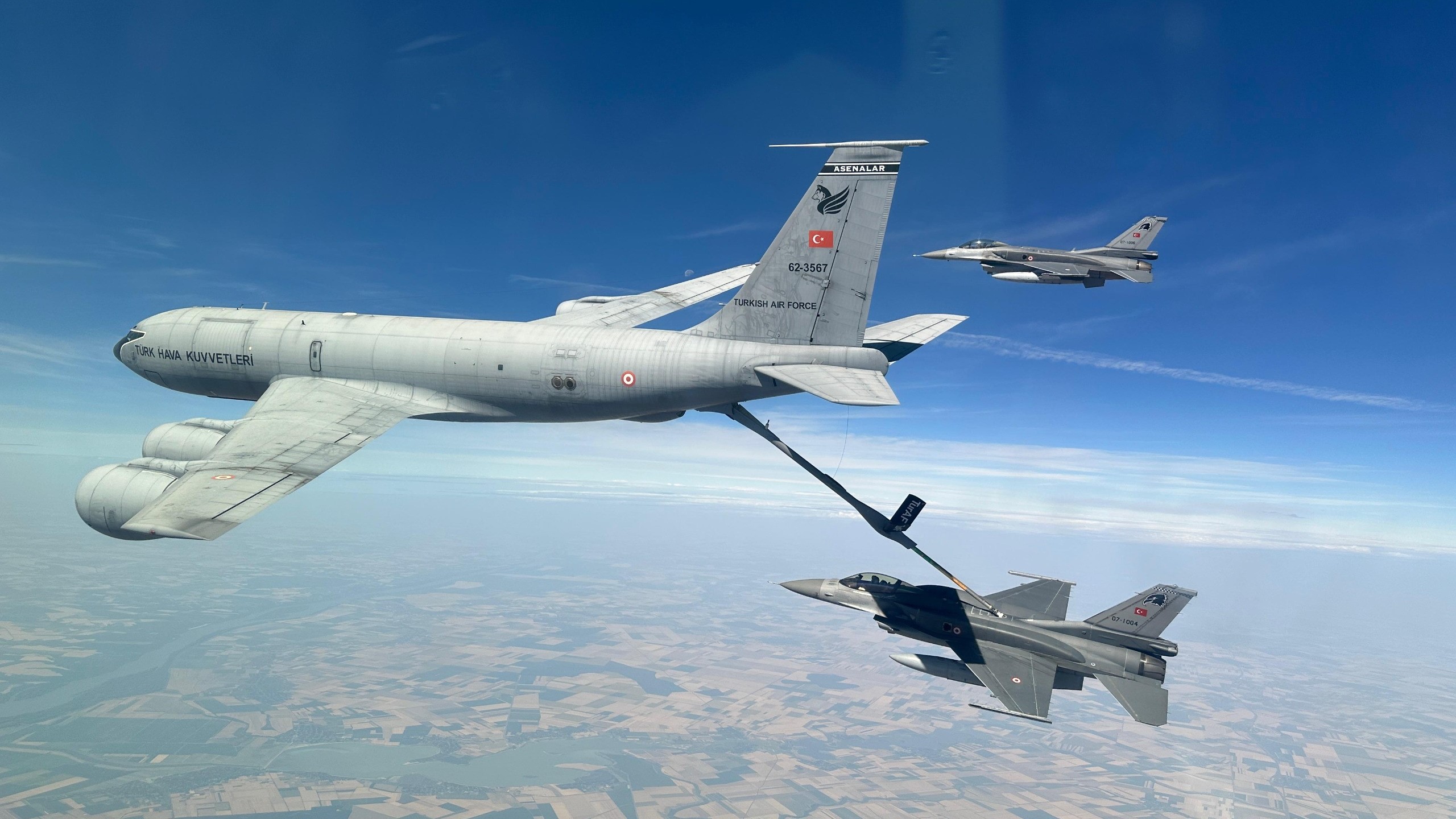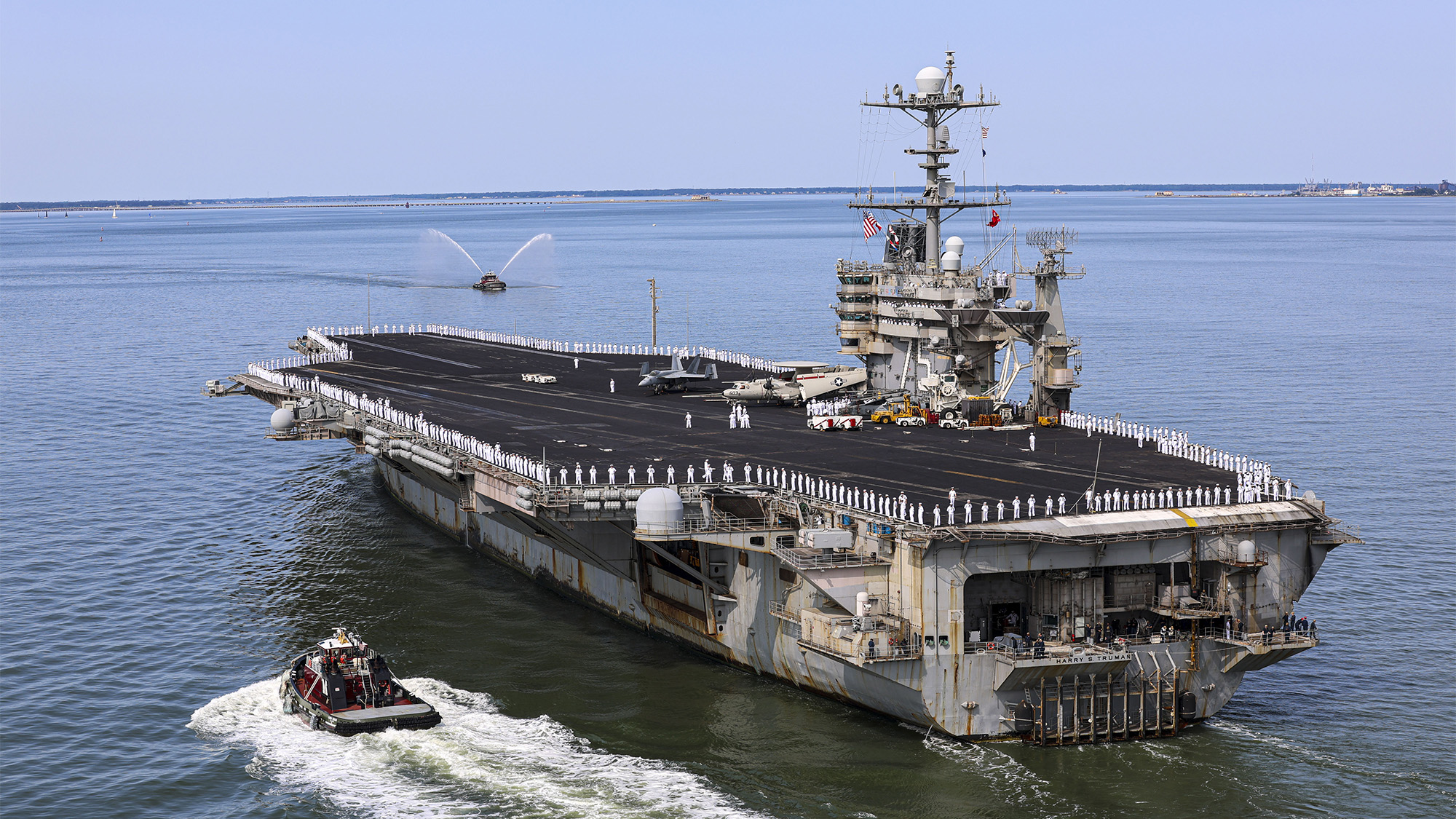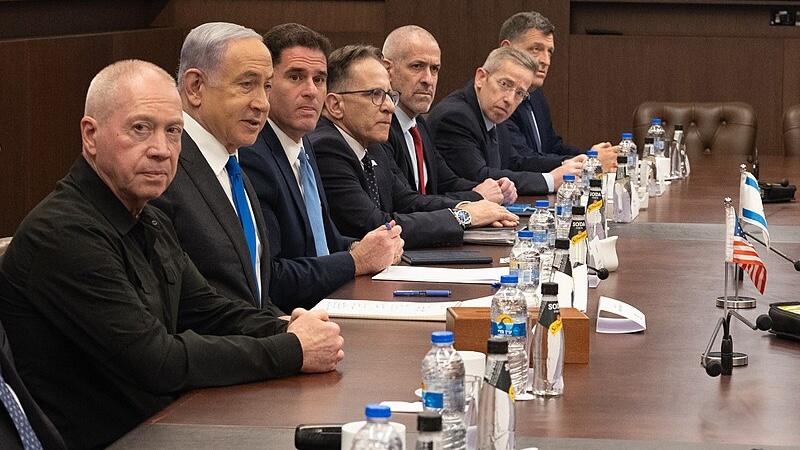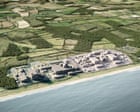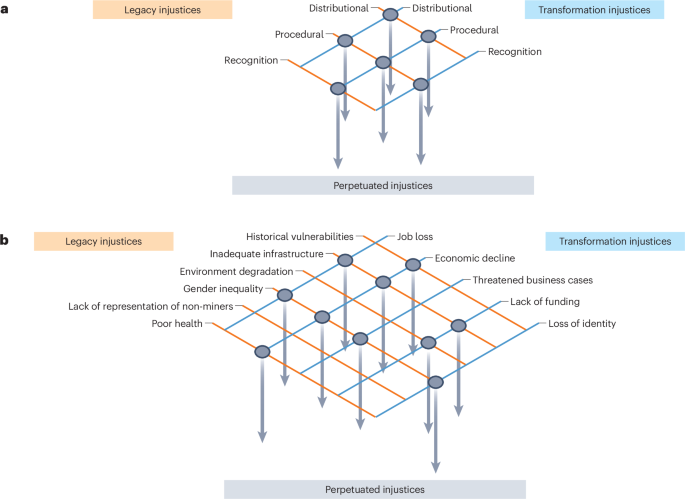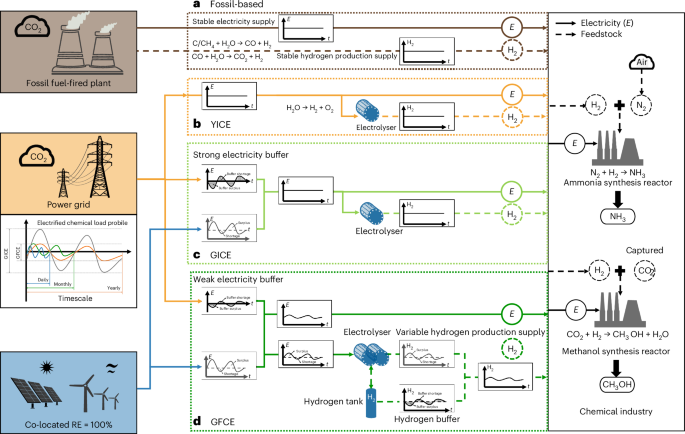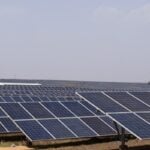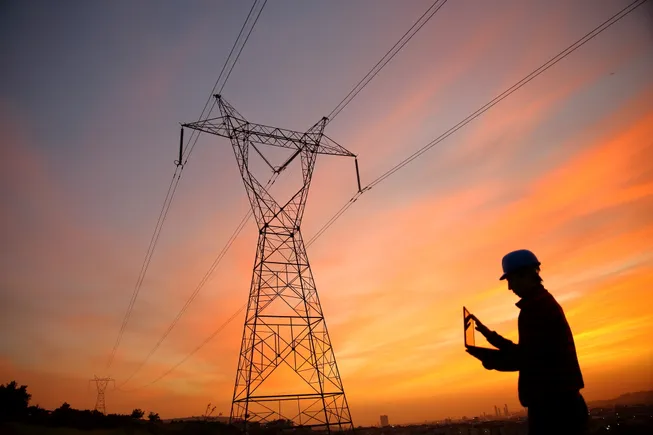Don’t let Iran walk free from the NPT
Henry Sokolski lays out recommendations on how to deter Iran, and other nations, from withdrawing from the Nuclear Nonproliferation Treaty.


International Atomic Energy Agency (IAEA) Board of Governors attend a quarterly meeting at the IAEA headquarters in Vienna, Austria on November 20, 2024. (Photo by Askin Kiyagan/Anadolu via Getty Images)
Early this morning, Iran’s Supreme Leader, Ayatollah Ali Khamenei, rejected America’s proposal to create a regional uranium enrichment plant and eventually eliminate Iranian nuclear fuel making. “The proposal that the Americans have presented,” he insisted, “is 100% against [Tehran’s] interests.”
Washington has long argued that Iranian uranium enrichment constitutes nuclear weaponization and would allow Iran to get a bomb at any time; Tehran, for its part, maintains it has a “right” to enrich. These positions leave little room for compromise. Either Washington permits Iran to make nuclear fuel, allowing for a deal, or it doesn’t, and the talks fail.
Meanwhile, the United States, United Kingdom, and Germany are pushing the International Atomic Energy Agency to report to the United Nations Security Council that Iran has violated its nuclear safeguard obligations. The agency will meet to consider this request on June 9. This may trigger more economic sanctions against Tehran.
What happens next could endanger the last international legal barrier to nuclear proliferation — the Nuclear Nonproliferation Treaty (NPT). Iran has threatened that if it is sanctioned for exercising its nuclear right to enrich, it will withdraw from the treaty. Washington now should prepare for this. Unfortunately, it hasn’t — at the latest NPT Preparatory Review Conference in New York, US officials did not even bring the matter up.
That’s a mistake. Based on history, withdrawing from the NPT is a direct path towards nuclear weapons.
North Korea’s NPT withdrawal two decades ago demonstrates why. In 1994, The International Atomic Energy Agency (IAEA) found Pyongyang in violation of its nuclear safeguard obligations. Pyongyang responded by barring further IAEA inspection and initiating withdrawing from the NPT.
To stop the 90-day treaty withdrawal process, the United States cut Pyongyang a deal. Washington promised North Korea two light water power reactors if Pyongyang agreed to routine IAEA inspections. Pyongyang agreed and reactor construction began. North Korea, however, never resumed routine inspections. Instead, in 2003, Pyongyang withdrew from the NPT with impunity. Three years later, in 2006, it tested its first nuclear weapon. Only then did the United Nations impose sanctions.
Fast forward 20 years. Iranian officials now warn that if Washington imposes additional nuclear sanctions on Tehran, Iran will withdraw from the NPT. Given this threat, some experts recommend dropping trade sanctions on Iran if it will stay in the NPT. Their assumption is Iran won’t follow North Korea’s model, but, in this case, history is likely to repeat.
It’s unclear if the United States can prevent Iran from getting a bomb. Washington with its allies, however, can make any Iranian withdrawal from the NPT hurt. At the very least, Iran should not become an example for other would-be bomb makers — such as Saudi Arabia, Turkey, Egypt and South Korea — to emulate.
Towards that end, the United States and like-minded nations should:
- Propose automatic, country-neutral NPT withdrawal penalties at the United Nations (UN) and clarify penalties for nonweapons states if they withdraw from the NPT before coming into full compliance with their IAEA nuclear safeguards obligations. These penalties should include economic and nuclear supply sanctions. The resolution should also require that withdrawing states continue to adhere to routine IAEA inspection obligations until they are found in full compliance.
- Declare NPT withdrawal by noncompliant states constitutes “a threat to international peace and security,” triggering Chapter VII, Article 39 of the UN. Such a resolution should authorize the IAEA to conduct augmented inspections clarifying a state’s nuclear status before it exits the treaty.
- Affirm nuclear weaponization activities are violations of the NPT. Although the IAEA does not verify if states are engaged in such activities, the clear sense of the NPT is that it prohibits members from “manufactur[ing] or otherwise acquir[ing] nuclear weapons.” Calling on the UN Security Council to authorize nuclear weapons state members of the NPT to inspect for such activities is essential.
The immediate aim of these measures is to deter Iran from withdrawal. However, this effort should be framed as a country-neutral initiative that addresses the gaps in the NPT and the IAEA’s charter that proliferators could otherwise exploit.
If, as is likely, China and Russia short circuit these UN measures, Washington should proceed with like-minded nations. A joint statement from these states announcing predefined penalties — trade restrictions, diplomatic isolation, financial sanctions — would deter other would-be bombmakers and put Iran in a penalty box.
The United States and like-minded states should act now. They should announce these penalties and propose a resolution before the UN Security Council. An additional venue for promoting these measures is the NPT Review Conference slated for next April. What’s essential is to make these proposals now, otherwise, Tehran will be able to walk from the NPT with impunity.
Henry Sokolski is executive director of the Nonproliferation Policy Education Center in Arlington, Virginia, served as Deputy for Nonproliferation Policy at the Pentagon (1989–93), and is the author of China, Russia, and the Coming Cool War (2024).

























